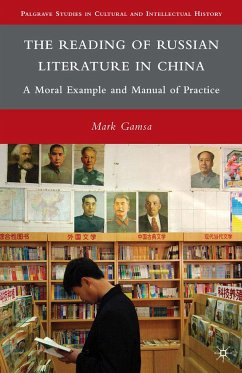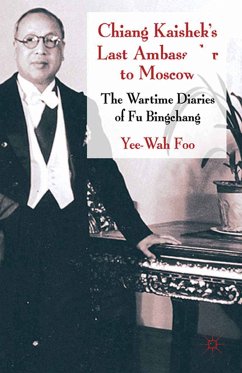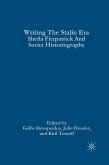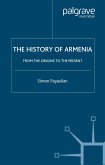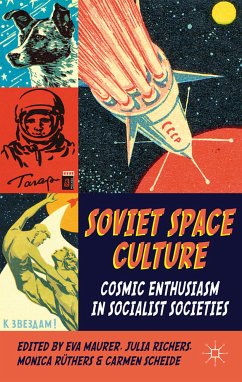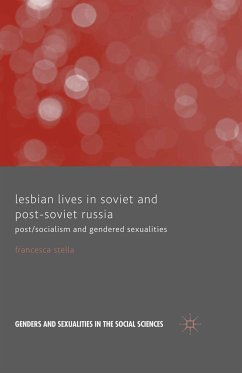Dieser Download kann aus rechtlichen Gründen nur mit Rechnungsadresse in A, B, BG, CY, CZ, D, DK, EW, E, FIN, F, GR, HR, H, IRL, I, LT, L, LR, M, NL, PL, P, R, S, SLO, SK ausgeliefert werden.
'Mark Gamsa not only examines the Sino-Russian cultural encounter more closely than anyone heretofore has done, but also reflects on it perceptively from the viewpoint of a new century. While the implications of undervaluing the individual usually appear in the context of collectivization, industrialization, and other Communist Party led socioeconomic transformations, Gamsa calls attention to their importance in literature and art. His discussion leads on to interesting reflections on what literature is, whether it really can change society and history, and in what, if any, sense it can teach and guide readers. Reading, he thinks, is a one-on-one experience in which an individual writer speaks to an individual reader, often across distances of time and space, and even long after the writer's death. Literature is written by individuals for individuals. Its impact occurs in one mind at a time and is not a mass phenomenon.' China Review International
'...not only does the book shed new light on the study of modern Chinese literature in a comparative paradigm, but it also makes a unique and much-needed contribution towards a better understanding of Chinese intellectual history, Sino-Soviet relations, and intercultural exchanges at thestate and personal levels.' - Yan Li, Northeastern University, Modern Language Review
'Despite the close ties between China and the Soviet Union, few sinologists in the West have so far been able to draw on a knowledge of both languages. Hence this is a welcome contribution, and one which can be developed further.' - Comparativ

